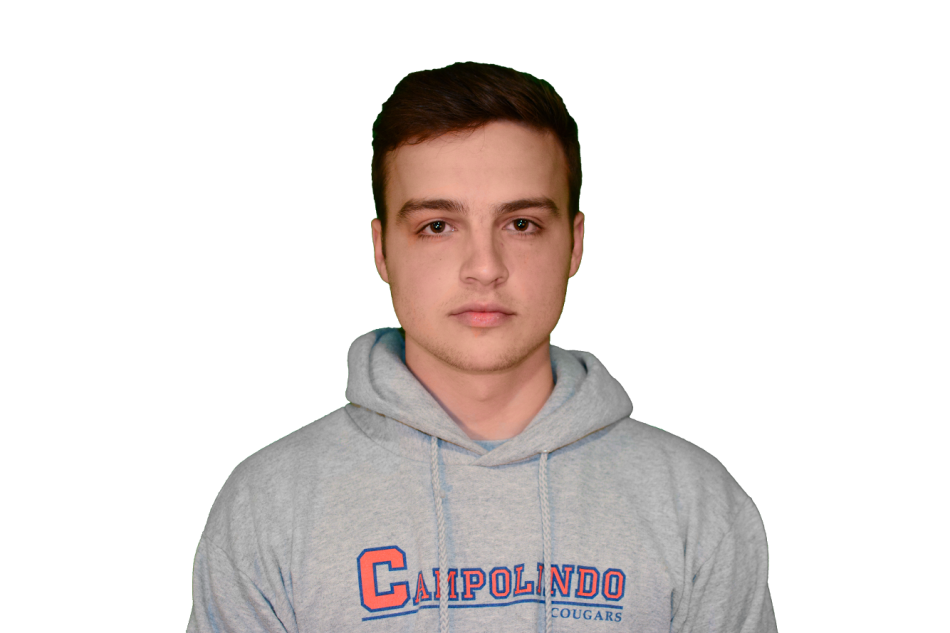Roach: Angela Davis and challenging conventional wisdom
May 18, 2014
Before college, I thought growing up meant figuring out how to change the world. I read about the many attempts throughout history to create utopian societies, I challenged adults who defended conventional beliefs and most of all I dreamt of building a better place to live. Since coming to college, however, I have mostly given up such ways. Writers such as David Brooks and Ross Douthat have noted how colleges attract and encourage a student body that conforms. It has been my experience that Northwestern in particular takes such a stance, whether it is the obsession with resumes or the unwavering enthusiasm for campus tradition. Every so often, though, I am reminded of my childhood dream and reinspired to make a difference, to rattle the system. Recently, such a reminder came in the form of Angela Davis.
In the late 1960s, a young Angela Davis joined the Communist Party and began working with the Black Panthers. Because her beliefs stood in contrast to the political climate, she was fired from her teaching position at UCLA. Later that year, her involvement in an attack at a courthouse earned her kidnapping and murder charges. Knowing she was innocent, Davis left California and was consequently placed on the FBI’s Ten Most Wanted list, arrested in New York and imprisoned for 18 months. Although she was eventually acquitted, she forfeited none of her revolutionary beliefs and has continued controversial political action ever since. This spring, however, Angela Davis returned to teach at UCLA for the first time in more than 40 years. How did such a radical manage to make her way back to the place that had tossed her aside? Because she is a particular type of radical. Angela Davis’ radicalism is rational, practical and a shining example for any free-thinking young person.
At a time when the humanities are often the butt of jokes — even Neil deGrasse Tyson has publicly derided their value — Angela Davis, once a philosophy major, is a sign of hope. She takes very few moderate stances, but none without good reason. Davis is a vegan, not because it’s the latest thing but because people who are violent to other people have often learned to enjoy it by enacting violence on animals. She is a prison abolitionist, not because she fears punishment but because she believes evidence has shown that education and healthcare are more effective. Davis has proven that there is still a demand for theoretical wisdom so long as it is based in reality.
To clarify, she should not be considered a role model merely because of the particular opinions she holds. In fact, to simply align one’s beliefs with Davis’ because she happens to hold them — to argue from authority — would be to miss the point entirely. The idea is that one should not be ashamed to hold radical beliefs so long as they are sincere and grounded. It is precisely this nuance that separates her lucid insights from romantic nonsense.
What she should be lauded for is that her whole life has stood in contradiction to the distinction between theory and practice. As a humanities student, I often encounter radical ideas I find particularly appealing, but I often doubt I will ever be able to implement them in real life. She is a reminder that action is not necessarily blind and that thoughtfulness is not necessarily idle. The best of both worlds is feasible. In a televised interview, Davis said that Herbert Marcuse, a famous 20th-century philosopher, taught her that it was possible to be “an academic, an activist, a scholar and a revolutionary.”
Of course, Davis would be the first to criticize radicalism for its own sake. That is, being a contrarian is not a categorical imperative. Instead, she has repeatedly said we ought to remember that the way things are is not reason enough for determining how things will be or ought to be. This is not a groundbreaking insight, but it is one too often neglected in discourse at Northwestern. Angela Davis will speak Monday in Fisk Hall at 7 p.m. If you only go to one talk this year, make it hers.
Jonathan Roach is a Weinberg sophomore. He can be reached at [email protected]. If you would like to respond publicly to this column, send a Letter to the Editor to [email protected].


